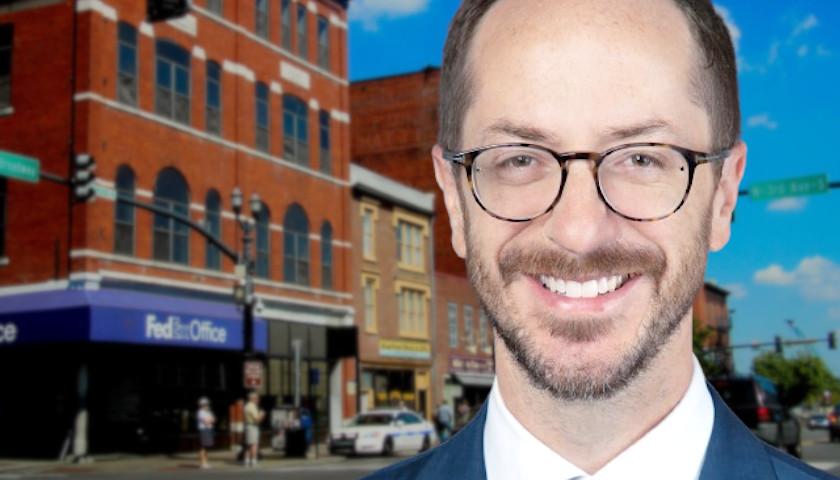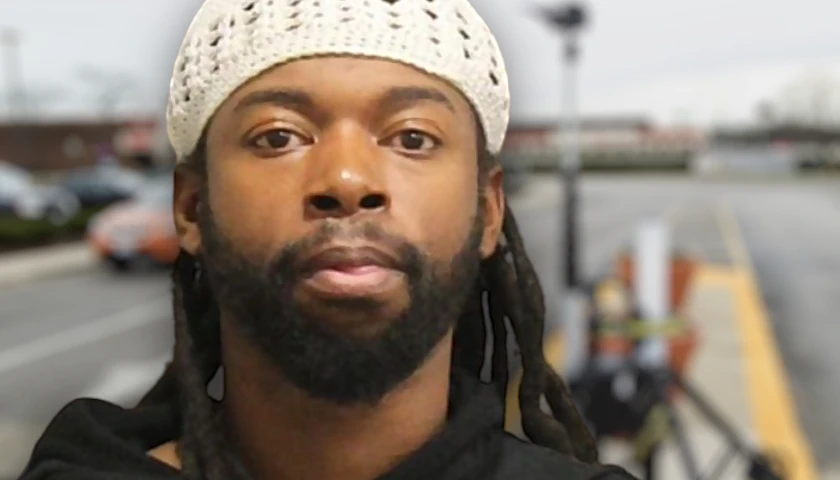A report released on Wednesday claims Nashville Mayor Freddie O’Connell is committed to funding his proposed transportation initiative with an increase to the city’s sales tax.
O’Connell and his administration are reportedly “leaning toward a half cent sales tax” as the primary funding source of the transit referendum he plans to take before voters in November, a News Channel 5 report claims.
Though the report does not contain a quote from the mayor about the sales tax, the station nonetheless explained that O’Connell intends to fund his “Choose How You Move” initiative “by raising the sales tax by half a cent.”
A spokesman for Northern Virginia-based transportation firm InfraStrategies told the outlet that the sales tax increase would let Nashville defray some of the costs from O’Connell’s plan to tourists and commuters who spend money in the city but do not live in Davidson County.
Tennessee currently imposes a state sales tax of 7 percent, and Davidson County adds another 2.25 percent, making the city’s official sales tax rate 9.25 percent.
However, many Nashville businesses are required to pay an additional 0.5 percent tax on purchases for the city’s Central Business Improvement District (CBID) fee. Most choose to have customers cover the cost, bringing the total amount of taxes and fees consumers pay in the city to 9.75 percent.
If O’Connell successfully convinces Nashvillians to agree to his half-cent sales tax to pay for public transportation, many Nashville consumers would pay 10.25 percent in taxes and fees when making purchases in Music City.
Details for O’Connell’s plan remain vague, with the mayor’s office recently citing in a news release “more than 70 plans and studies” conducted by the city that reflect “more than 66,000 pieces of input from Nashvillians” which his administration is examining before releasing further details.
The news release explained that O’Connell is “targeting an end of March or early April unveiling of a plan” that will be followed by “an educational effort” that emphasizes community engagement.
O’Connell first announced his transit referendum in February with few details, and instead pledged to bring voters a fully formed plan in March or April.
Shortly after taking office, the mayor signed a transportation executive order that mandated Nashville use Diversity, Equity and Inclusion (DEI) principles when determining the city’s transportation agenda.
The mayor’s executive order mandates the city’s Green and Complete Streets program is “implemented equitably and inclusively” and serves “disenfranchised populations and communities that have traditionally been underrepresented in planning and decision-making processes.”
He specifically targeted “low-income individuals, people of color, older adults, children, youth, people with disabilities, and people living in households without access to a private automobile” as groups who should receive special attention when planning how roads and streets will be used.
– – –
Tom Pappert is the lead reporter for The Tennessee Star, and also reports for The Georgia Star News, The Virginia Star, and the Arizona Sun Times. Follow Tom on X/Twitter. Email tips to [email protected].






Such a tax is regressive, as any sales tax, so this hurts lower income folks more than well-off. You’d think democrat would know that.
democrats never met a tax hike they didn’t love.
Why does Nashville continue to elect these Leftist Democrat mayors? This guy’s fuzzy headed ‘transportation’ plan will do nothing but make life miserable—and then Nashville citizens get to pay higher taxes too!
Figures that a progressive nut would take hard earned money and pour it into a financial hole call mass transit.
More taxes!
Why does that sound familiar?